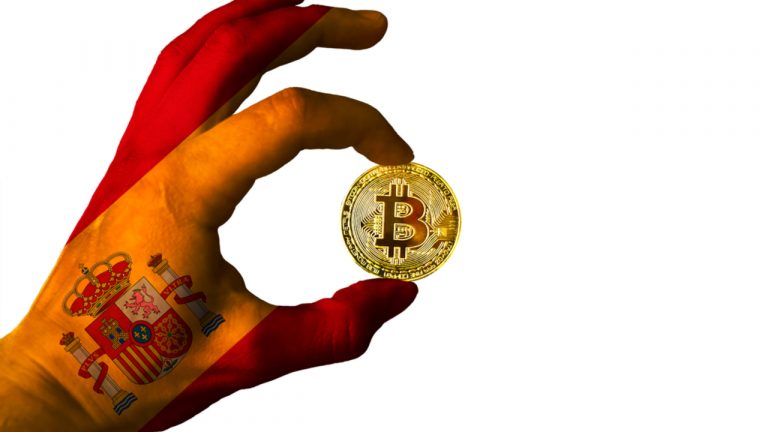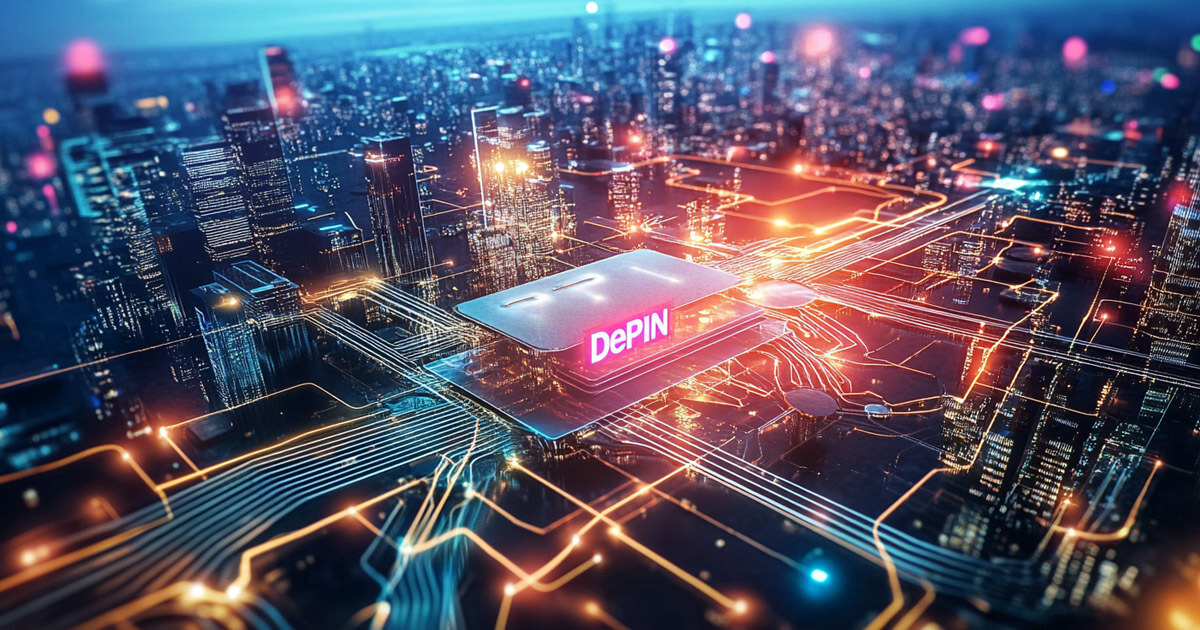
2024-7-21 14:57 |
The following is a guest post by John deVadoss, the co-founder at InterWork Alliance.
The pundits expound on Artificial General Intelligence, the so-called AI Singularity, existential threats to humanity from AI, and more.
A more pressing and urgent hazard that is not being debated is the centralized AI monopoly (“Big AI”) and its implications to sovereignty, to agency and to the social contract.
Wearing down of SovereigntyIf AI ends up as yet another Big Tech oligarchy, a la the cloud platforms, then it will mark the beginning of the end of sovereignty for nation states around the world.
Cloud platforms were infrastructure: static, inert and fungible plumbing. The risk there was primarily that of being “de-platformed” and the need to find alternative providers; and, there were usually backup services around if one were willing to pay the price.
With Big AI, however, states face a de facto abdication to the Big AI “models” – culturally, linguistically, from a social mores’ stance, and from a social fabric perspective. Over time, this will result in the relinquishment of sovereignty over economic, political and military outcomes.
Without AI sovereignty, there is no digital sovereignty; and, without AI sovereignty there is no national integrity.
Every nation needs to locally build, host, and govern their ‘sovereign AI’ to promote and defend their interests in the global stage.
Disruption of the Social ContractBig AI claims that it all content on the internet is ‘free’, for them to do as they please, towards training their models, without compensation for the individuals or organizations that created it in the first lace. Big AI likes to claim that the jobs that are disappearing are those that should never have even existed in the first place.
This is oligarch-level hubris. ‘Give them UBI’ is the digital version of ‘let them eat cake’.
UBI is no silver bullet; those that are not familiar with the term ‘surrogate activity’ should reflect on the phenomenon of ‘economic assistance’ given during the recent lockdown, and its side-effects (e.g. ‘meme stock mania’) on both the traditional and the crypto markets, as an exemplar of what this entails in just one sector. The road to hell is paved with good intentions, as they say, and ‘handouts are one of those.
But why are we even talking about UBI?
Because, generative AI has the potential to fundamentally reshape the knowledge worker and the service worker, similar to how the Industrial Revolution disrupted the blue-collar worker. The difference today is that it is the knowledge worker economy and the service worker economy that powers the economic machine in the developed world.
In the knowledge worker sector, in particular, there is going to be a Great Divide – between those that exploit AI capabilities to further their skills, and those that abdicate to AI capabilities and eventually risk being furloughed. It is the newer and junior-level workers that are more at risk, as middle layers of management discover that generative AI capabilities let them by-pass less-experienced employees and fast-track activities.
There are definitely no easy answers here; but pointing at UBI, in isolation, is disingenuous.
Erosion of AgencyIn the Hegelian tradition, human agency is a collective dynamic, arising from aggregated human behavior; across the choices that a human being makes, and his/her ability to influence his/her life.
Agency plays a very critical role for the health and well-being of human society. The exploration and search for agency is a recurring theme in young people’s experiences across the world. Young people with a greater sense of individual agency are able to more effectively deal with the challenges of adulthood; they are more resilient and resourceful in forging ahead, with a sense of purpose, and with stronger self-esteem.
As more young people rely on Big AI, from having it do their homework (and work), to using it as a ‘friend’ in lieu of social relationships, and in trusting Big AI as a confidant and even mentor, there is on-going erosion of human agency. The promise of always-on, hassle-free convenience, with respect to both relationships and with respect to getting tasks done, is extraordinarily tempting, and does not bode well for the health and wellness of the social fabric.
Thus far, the tools that we have crafted have supported and enhanced agency; Big AI, however, supplants and displaces human agency.
What NextBig AI sets the stage for a modern-day, digital Leviathan: Hobbes versus Locke redux. Will the social contract endure? Will human agency become a relic of the past? Will local sovereignty be seen as archaic?
Is there an alternative?
Yes. It starts with a rejection of the centralized, oligarchy that is Big AI; a commitment to building a future where AI continues to be a tool; and a responsibility to shape our tools, lest our tools shape us.
The post Big AI: A socio-economic rubicon crossing appeared first on CryptoSlate.
origin »Bitcoin price in Telegram @btc_price_every_hour
POLY AI (AI) íà Currencies.ru
|
|













